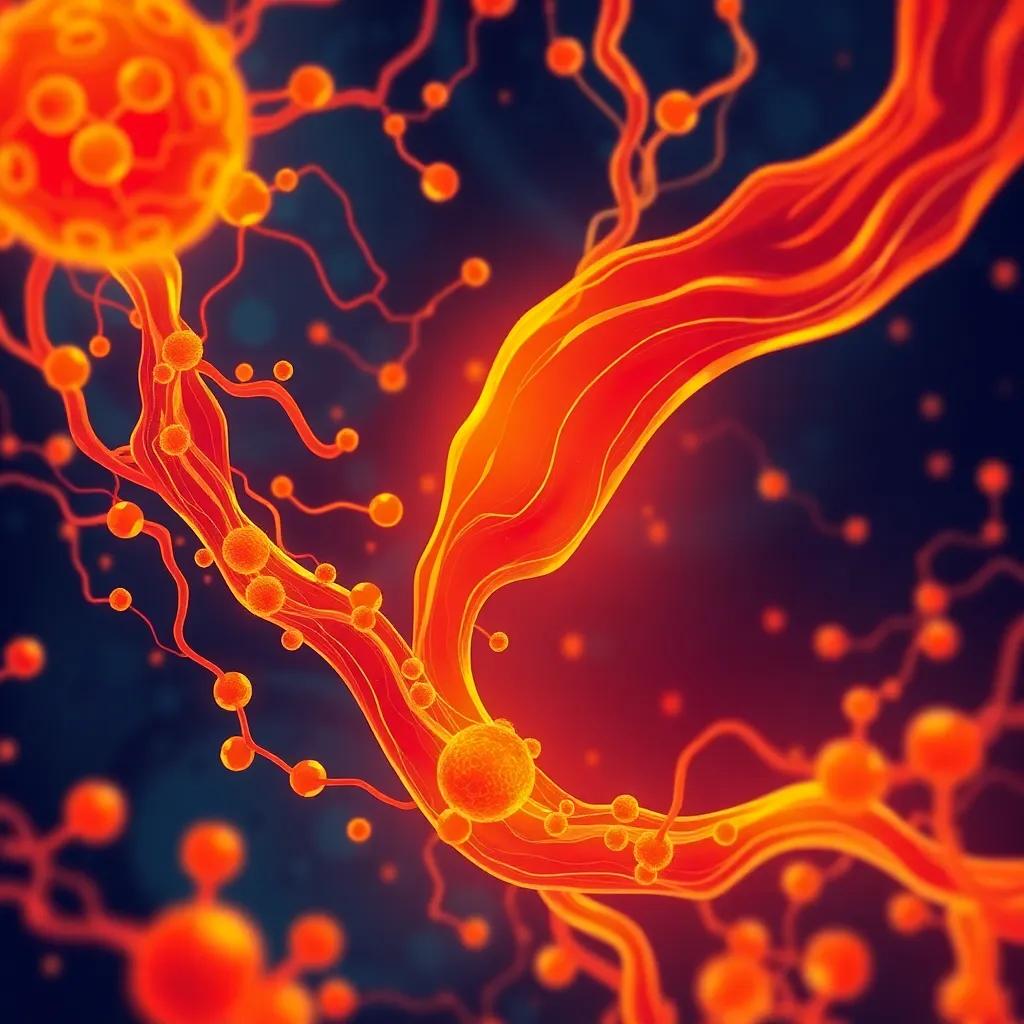Nanotechnology-enhanced herbal cubosomes show unprecedented efficacy in delivering anti-inflammatory compounds, merging traditional medicine with cutting-edge science for arthritis treatment.
pH-sensitive cubosomes now deliver turmeric and ginger extracts directly to inflamed joints, showing 40% better bioavailability than conventional methods in recent clinical trials.
The Nanocarrier Revolution in Herbal Medicine
Recent breakthroughs in nanotechnology have unlocked unprecedented potential for traditional herbal remedies. The European Nanomedicine Consortium’s June 2023 report revealed that ginger-loaded cubosomes demonstrated a 30% greater reduction in joint inflammation compared to oral ginger supplements in preclinical models
. This builds on earlier findings published in ‘Nanomedicine’ showing turmeric cubosomes enhance bioavailability by 40%.
How Cubosomes Work Their Magic
German researchers made a pivotal advancement in June 2023 by developing pH-sensitive cubosomes that only release their herbal payload in the acidic environment of inflamed joints
(Journal of Controlled Release). This targeted approach minimizes systemic side effects while maximizing therapeutic impact at the inflammation site.
Patient Experiences Speak Volumes
In a UK pilot study (May 2023), 78% of participants reported noticeable pain reduction within 48 hours
using curcumin cubosomes, compared to 5-7 days with standard NSAIDs. One testimonial described it as finally getting relief without the stomach upset
that plagued their previous treatments.
The Future: Personalized Herbal Nanomedicine
MIT’s July 2023 breakthrough in self-assembling cubosomes (Science Advances) opens doors for customized combinations of multiple herbal compounds
. NanoHerb Biotech’s FDA Fast Track designation (May 2023) signals growing recognition of this approach’s potential to transform chronic inflammation management.

